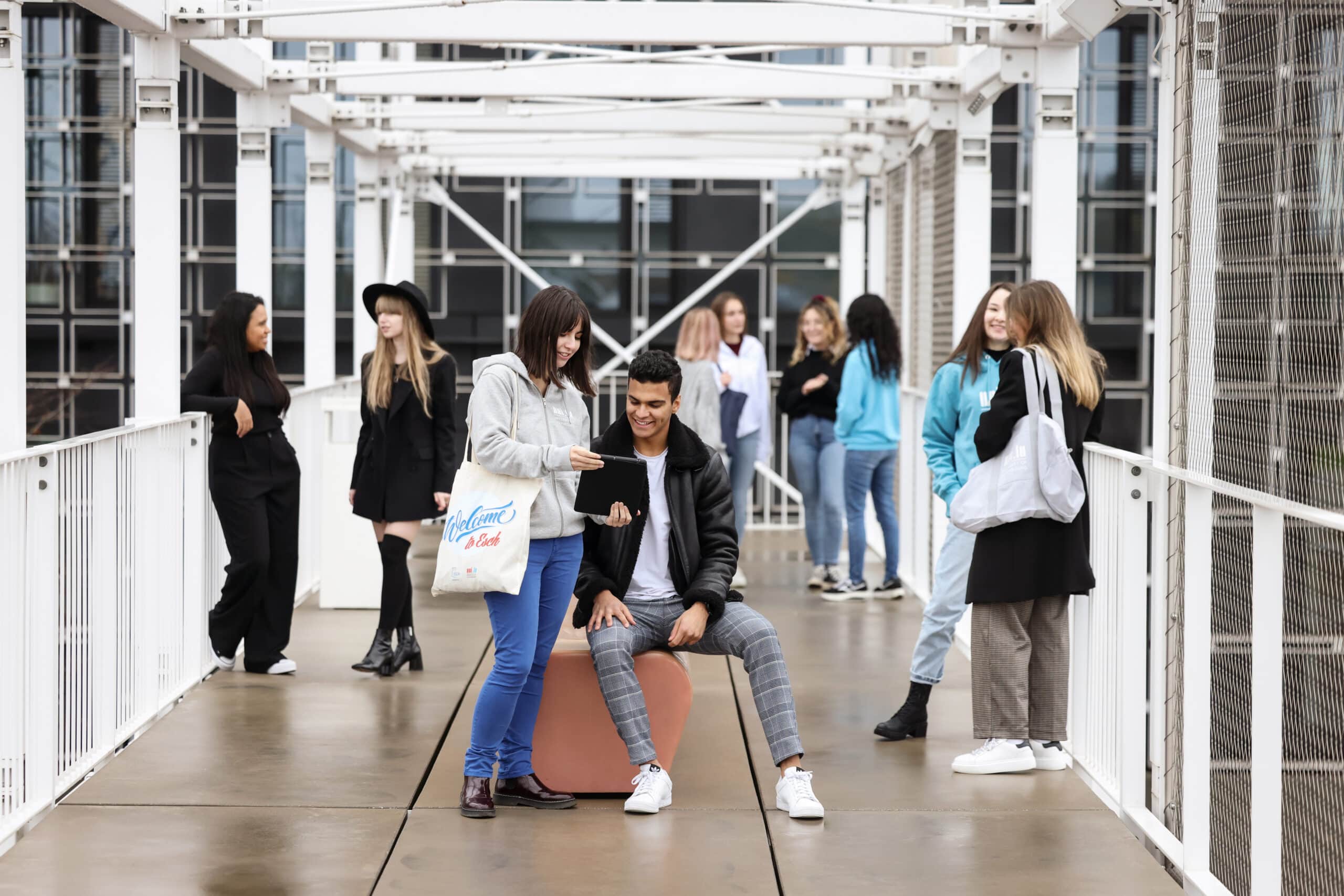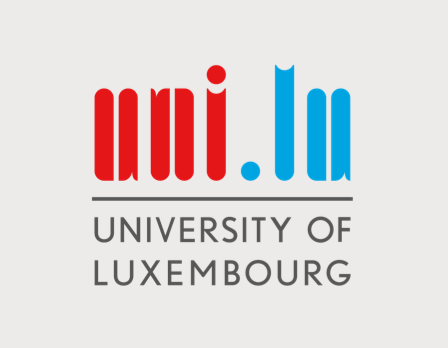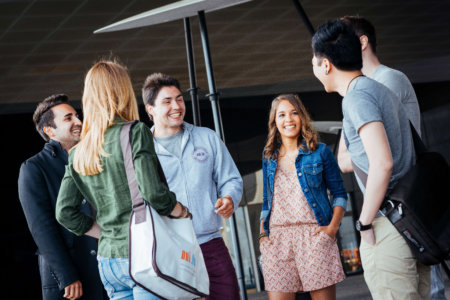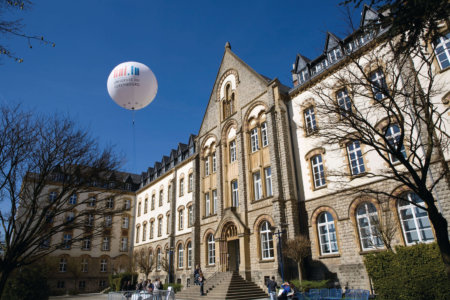In the heart of Europe, the University of Luxembourg was established with one goal: to become a leading hub of academic and research excellence in response to calls for an economic reorientation in the landlocked nation. Today, this vision has not only been realised but exceeded, making the University an inspiring model for others to emulate. However, its success is no coincidence. Its journey of excellence spans two decades and is a testament to deliberate planning, strategic thinking, and unwavering dedication.
In 2003, four institutions were combined to form the University of Luxembourg. Three years later, it received its first funded chair to research solar cell materials using compound semiconductors — the endowment was worth 3.5 million euros. By its fifth year of operations, the University was home to 4,000 students, almost 30 study programmes and boasted around 20 partnerships with foreign leading universities. One year later, its first interdisciplinary research centre was launched: the Interdisciplinary Centre for Security, Reliability and Trust.
At the University of Luxembourg’s 10-year mark, it had penned a partnership agreement with global satellite operator SES, launched five doctoral schools, inaugurated yet another research centre, and even hosted then Secretary-General of the United Nations, Ban Ki-moon, as a speaker. Its second decade further propelled it into the global academic spotlight.
This period was characterised by the establishment of more research centres, a strategic relocation to an enhanced campus, an impressive climb to rank among the world’s top 250 universities, active participation in Luxembourg’s COVID-19 Task Force, the launch of a new supercomputer, and several other milestones in between.
Today, the University’s student body consists of over 7,000 students — 60% of which are international — and approximately 2,400 staff members from across the globe. It offers 18 bachelor’s degrees and 46 master’s degrees, as well as several vocational training and lifelong learning courses. Programmes are offered across three dynamic faculties.
The Faculty of Science, Technology and Medicine boasts multidisciplinary expertise in the fields of Mathematics, Physics, Engineering, Computer Science, Life Sciences and Medicine. Its mission is to deliver quality teaching, research and service to society by producing new generations of responsible citizens. Qualifications span cybersecurity, biomedicine, data science, high-performance computing, technopreneurship, and more.
Benefiting from the proximity of the European institutions, Luxembourg’s leading international financial centre and its vibrant business community, students within the Faculty of Law, Economics and Finance undoubtedly receive a quality education. The department works closely with public and private partners to offer a range of finance-based programmes and several specialised LLMs.
Within the Faculty of Humanities, Education and Social Sciences, students explore the past, impact the present and envision the future to contribute to developing a more inclusive, open and resourceful society. Across its 15 laboratories, topical research is conducted on Education & Social Work, Migration, Behavioural & Cognitive Sciences, Humanities, Social Sciences, Geography & Spatial Planning.
Given the University of Luxembourg’s unwavering commitment to advancement and expansion, it is evident this repertoire of five-star qualifications will undoubtedly grow, such as in sustainability research through an interdisciplinary centre in environmental systems. But in honour of its 20th anniversary, the University had temporarily paused its efforts in this area to celebrate its remarkable journey.
An academic ceremony was held on Sept. 14, 2023, at the Maison du Savoir, with a keynote address by Prof. Dame Sarah Springman from the University of Oxford. But the celebration doesn’t end there. Over the next six months, the University will host a series of enlightening lectures – conducted by its finest in-house researchers — that will help students reflect on their institution’s achievements and envision their own role in its continued success.
Prof. Gilbert Fridgen from the Interdisciplinary Centre for Security, Reliability and Trust recently spoke on how socio-technical research can provide a more balanced view of IT innovation. Prof. Hugo Parlier from the Department of Mathematics discussed projects aiming to illustrate geometry and, more generally, the processes of mathematical research through puzzles. Prof. Binyamin Mantin from the Department of Economics and Management walked his audience through supply chain resilience.
With this series, which is held in different languages and across multiple venues, the institution opens its doors to a global audience — entrance is free of charge and all keen on igniting their intellectual curiosity are welcome to join.
To delve deeper into the University of Luxembourg’s 20-year legacy, click here. To be a part of what lies ahead and contribute to its next wave of innovation and progress, click here to learn more about admissions instead.
Follow the University of Luxembourg on Facebook, Instagram, X, LinkedIn, and YouTube













